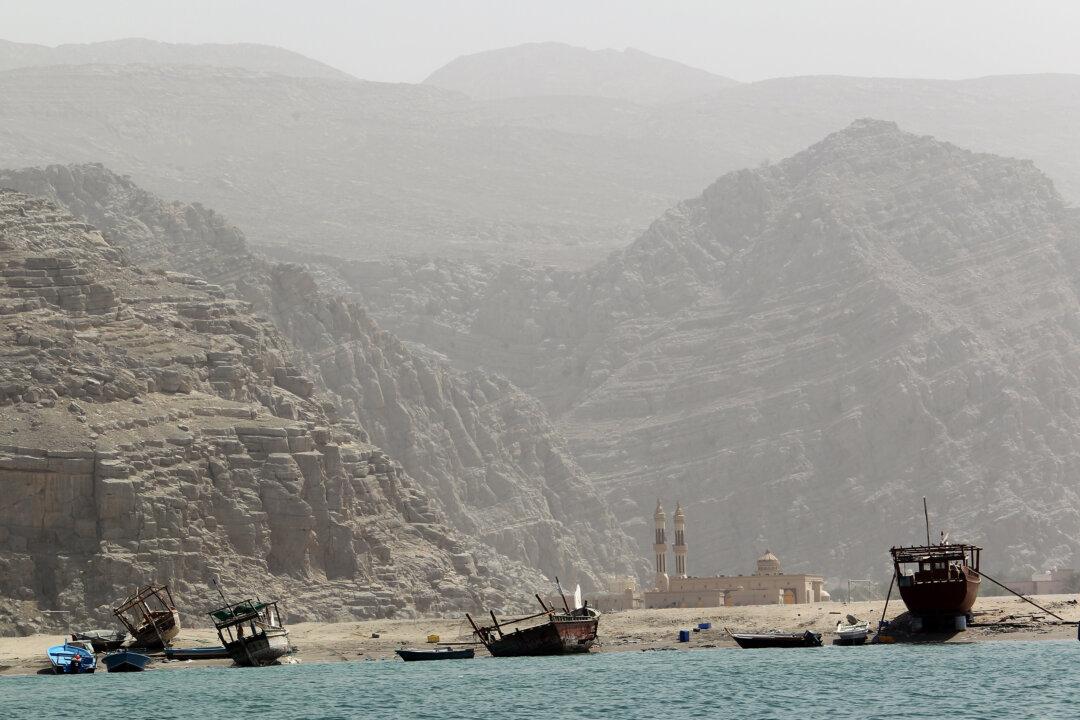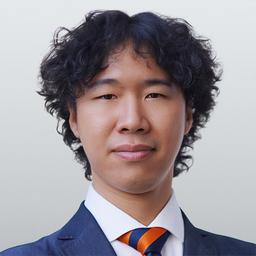News Analysis
In the Middle East, the Chinese regime has positioned itself as a staunch ally of Iran and Syria given their hostility toward the United States. Meanwhile, the Chinese regime is also attempting to extend its influence to traditional U.S. allies in the Persian Gulf region. On Oct. 11, Chinese state media reported that a Chinese naval task force visited Oman to facilitate “friendship” and “cooperation” with the country. Oman is a member of the Gulf Cooperation Council (GCC) and has traditionally been an ally of the United States. The White House revealed on Nov. 10 that President Joe Biden spoke to the Sultan of Oman to reaffirm the enduring ties between the two countries amid the Israel-Hamas war. This was only 5 days before the highly anticipated meeting between Mr. Biden and Chinese leader Xi Jinping.





